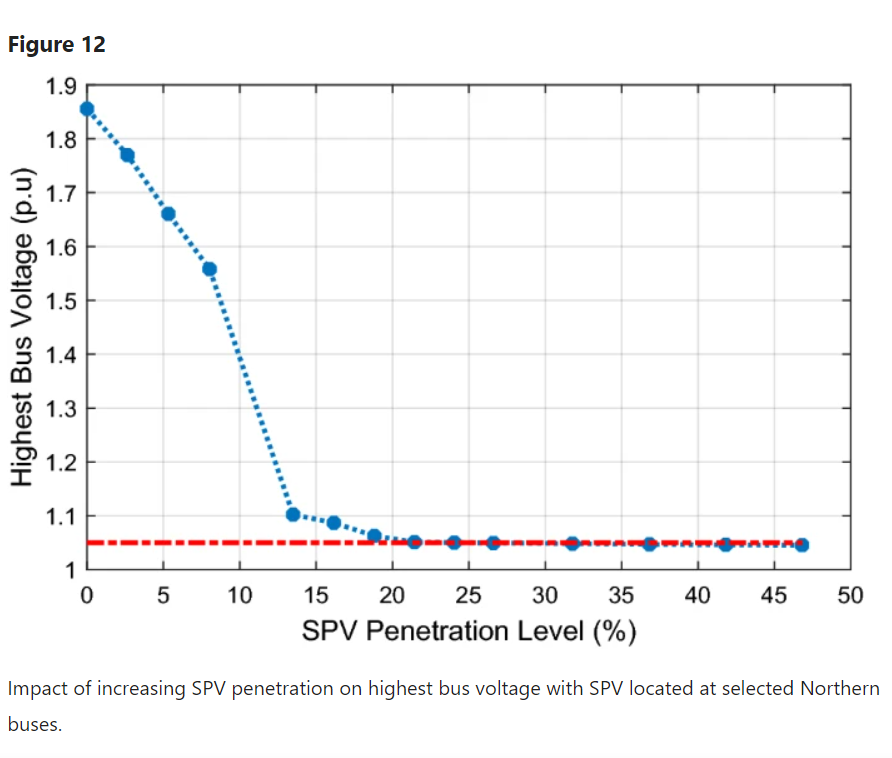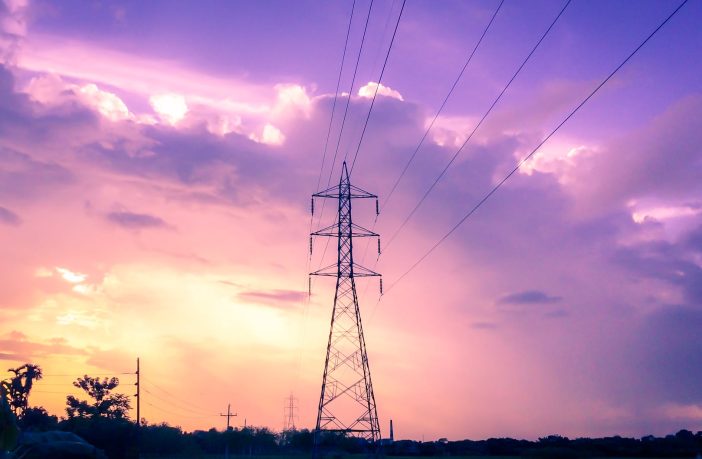- Researchers in Nigeria have investigated the potential application of large-scale PV as a viable alternative to the older shunt reactors currently used in the Nigerian grid to mitigate over-voltage incidents.
- They focused on the northern part of the country, which is supplied via long lines and is plagued by insufficient generation, frequent blackouts and grid instability.
Their paper, “Application of large-scale grid-connected solar photovoltaic system for voltage stability improvement of weak national grids,” was recently published in Nature.
They analyzed and compared two scenarios of solar penetration levels. They evaluated voltage stability by using the active power margin, also known as the megawatt margin (MWM), which is derived from active power voltage analysis. They also looked at the reactive power margin (RPM), and the associated critical voltage reactive power ratio (CVQR) index obtained from reactive power voltage analysis.

Image- Nature, Creative Commons Licence. A “bus” is any graph node of the single-line diagram at which voltage, current, power flow, or other quantities are to be evaluated.
They found that large-scale PV can enhance the voltage stability margin of a system in terms of both megawatt and reactive power margins. They also discovered that dispersed large-scale solar PV across northern Nigeria performs better than centralized PV. The results show that dispersed PV provides better voltage stability improvements, as indicated by the MWM, RPM and the CVQR indices of the system.
“Therefore, this work has shown that employment of the vast solar resources in northern Nigeria must be seriously considered in order to satisfactorily address voltage stability issues in the Nigerian system and to meet the increasing electrical power and energy demand of the country,” said the researchers.
Author: Marija Maisch
This article was originally published in pv magazine and is republished with permission.















